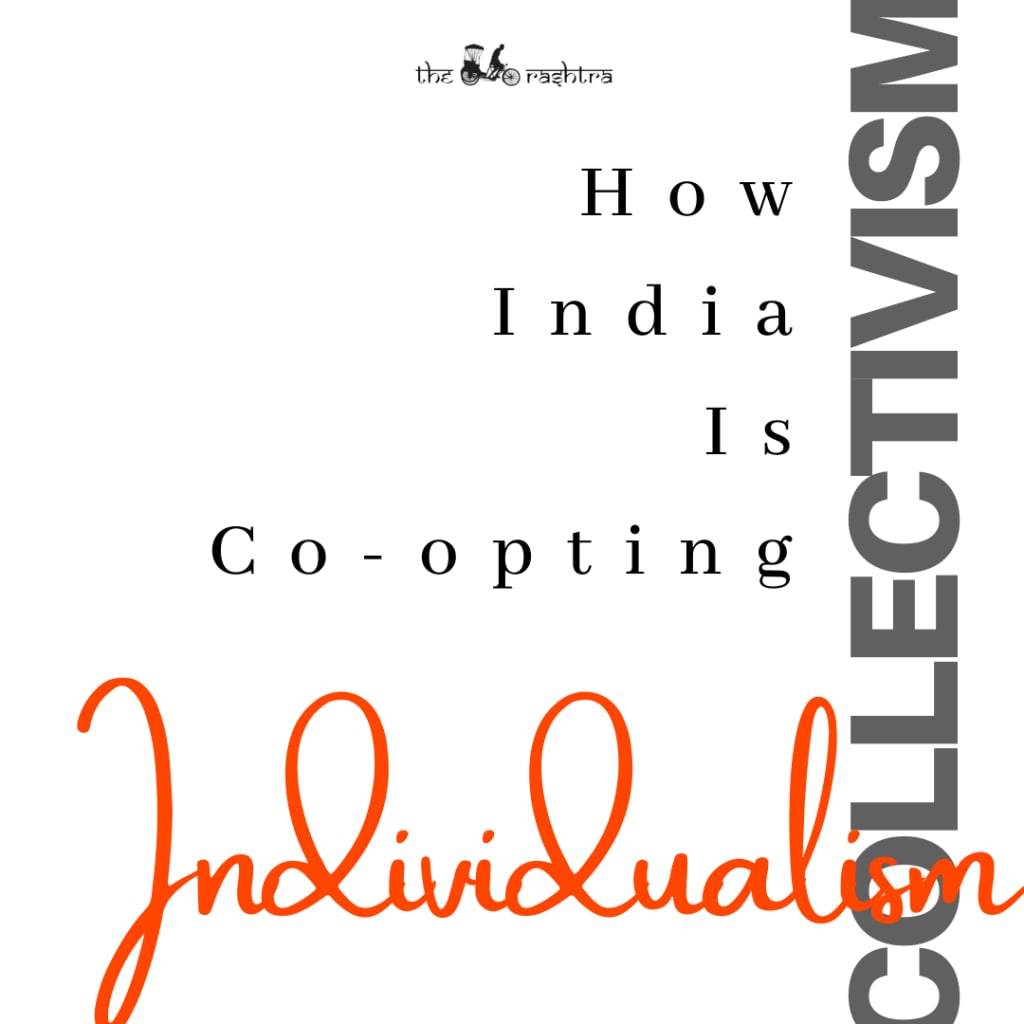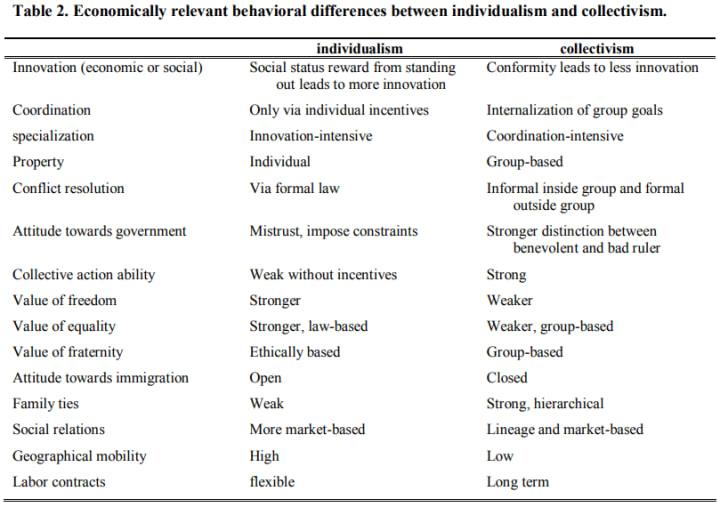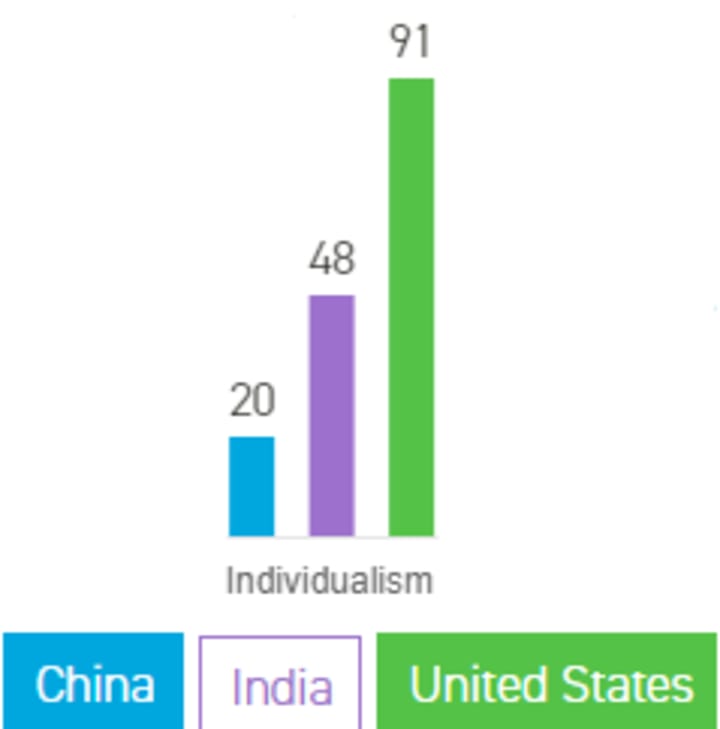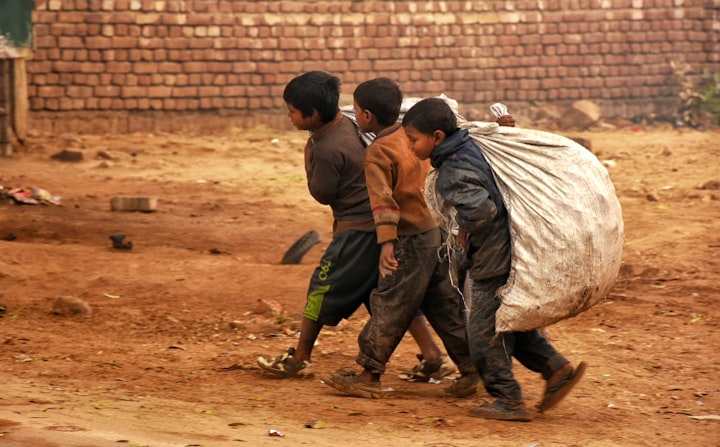How India Is Co-Opting Individualism With Collectivism?
Disclaimer: This discourse bears the potential risk of running into generalizations given the cultural plurality and diversity of India, representing all of which is impossible in one article. The aim of this article is, therefore, not to conclude a discussion but to begin one.

Growing up in an Indian family, you usually get accustomed to hearing from your parents and grandparents how they once lived in a joint family (some of you might still be living in it). You get ‘advised’ by your parents on the stream you should choose in senior school, college entrances you ought to give, and even whom you should marry (no value judgments about that).
The central role that a family plays in Indian, as well as other Asian cultures like the Japanese, the Korean, and the Chinese, cannot be under-emphasized. But times are quickly changing and so are the influences upon the traditionally collectivist countries like India.
The uptrend in globalization and market economy in the past two decades has changed the meaning of ‘self’ and ‘others’ for many Indians, especially the millennials, and subsequently the families they live in. That which is the ‘self’ for the older generation is gradually becoming the ‘other’ for us, while what constitutes ‘other’ for them is valued by us as our own ‘self’.
Today, nuclear families (a couple with unmarried children) constitute the highest proportion of Indian households. With a change in priorities of individuals in an aspirational country like ours, more people have moved out of traditional ‘groups’ based on kinship, where required, and concocted exclusive relations based on what they consider meaningful for themselves.
In a nutshell, we are observing a gradual shift in India from a highly group-oriented societal framework to an individualistic one. A society where greater importance is laid on personal autonomy, space, and privacy over maintaining compulsive relations (no value judgments again!).
So, does this mean that India has become a highly individual-oriented society like the United States? No, not yet. Then, is India still a highly collective society? That’s not completely true either.
Interestingly, India of 2020 is co-opting individualism with collectivism. It is oscillating between the two. In this article, I will show how India is managing the cleavage created by the advent of individualism in a traditionally collectivist society. I shall further opine on the benefits that we Indians can reap out of this opportunity. But before all of that…
Why should we care?
A study by U.C. Berkeley has found the individualism-collectivism cultural dimension to have robust social, economic, and institutional effects. An individual’s behaviour like propensity to save, willingness to contribute to their society, and interest in innovation, which eventually affects the long term growth of a country, depends on their conception of ‘self’.

Besides, it may interest you to know how our political and legal institutions are not independent of these cultural influences. In a recent Ranjith PC v Asha Nair, Kerala High Court while dealing with a matrimonial dispute observed that no families are devoid of clashes and that it is not unusual for a mother-in-law to make her daughter-in-law do household and domestic work.
As deplorable as the judgment may sound, it shows the stark reality to us. It suggests how prevalent culture influences our decision-makers and impacts us in unfathomable ways.
The Hofstede Insights
Gerard Hofstede – a Dutch social psychologist who has pioneered research on cross-cultural groups and organizations analyzed the culture of various countries based on six factors. One of these is the index of individualism, which measures the degree to which people in any society look after themselves and their direct families only.

As per the index, the Americans stand out as self-centered individualists (not strange, huh?) whereas the Chinese prefer loyalty to defined groups in exchange for protection. Meanwhile, we Indians, with an intermediate score of 48, show both individualistic and collectivistic traits.
Remember the last time you didn’t ‘feel’ like attending a public gathering but you attended it simply because your parents were enthusiastic about it. Or when on turning eighteen you felt a sudden urge for financial independence but had to borrow your parents’ credit card for the evening party.
As a kid raised in an Indian family, you’re most likely to have learnt the philosophy of being responsible for your own karma (actions). But at the same time, you were also subjected to the opinions of your family, extended family, neighbours, workgroups, and all ‘other’ larger social frameworks for some of your most crucial life decisions.
There are dozens of such instances in your everyday life which shall make you realise how independent you are, and yet so interdependent.
Even in contemporary Indian politics, we can observe how elections are being branded around a single leader (Modi 2.0, Kejriwal 2.0, and YS Jagan 1.0) rather than a party. This marks a peculiar concoction of the presidential-style elections and a parliamentary democracy.
How can India benefit out of this hybridity?
... To read more, visit our blog www.therashtra.com
To stay updated with our latest posts, follow us on Instagram (the.rashtra) and Facebook (therashtra).
About the Creator
The Rashtra
An editorial blog for the new age Indians. Our aim is to unearth the gray areas of Indian politics, society and culture. Founded by a politics enthusiast with a scientific mind and an entrepreneurial spirit. ---> https://www.therashtra.com






Comments
There are no comments for this story
Be the first to respond and start the conversation.